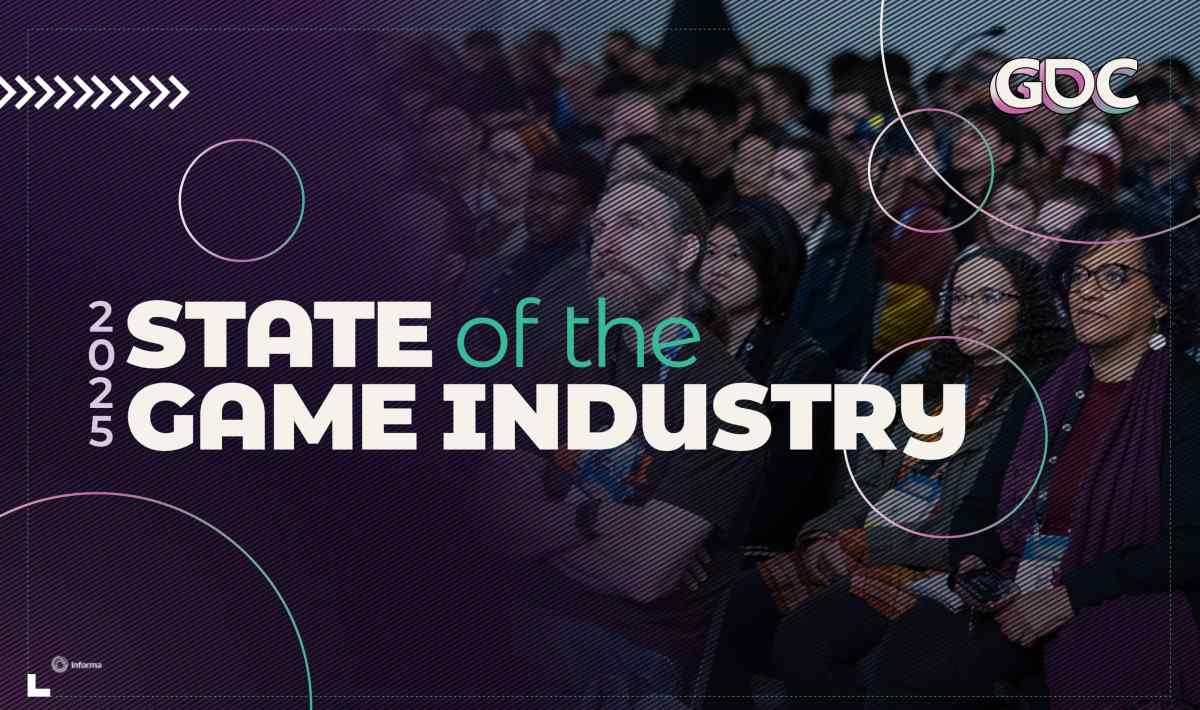GDC has released its annual State of the Game Industry Survey for 2025, highlighting the key challenges of the games industry heading into the new year. While the report is extensive, and covers a range of issues, one of the biggest focusses is on the impact of widespread layoffs worldwide. Per survey respondents and the research of GDC, around 41% of all game developers were impacted by layoffs in the last 12 months, to a variety of degrees.
While 43% of respondents indicated there were no layoffs at their company, a significant portion reported their own layoffs (11%), the layoffs of their colleagues (29%), layoffs at other company departments (18%), or the complete shutdown of their studio (4%).
GDC has noted the number of layoffs may actually be higher, as “many of [its] N/A write-in responses were from students and graduates who are having trouble finding jobs in the current market.”
Read: Should you still pursue a career in the games industry?
Notably, the number of layoffs reported has also increased from the 2024 State of the Game Industry report, leaping from 35% of game developers being impacted, to 41% impacted.
Per the report, the biggest number of layoffs hit narrative roles (19%), swiftly followed by production and team management roles (16%), then visual arts roles (16%), programming and engineering roles (12%), game design roles (9%), and business and finance roles (6%).
As a more positive aside, it does appear game developers believe the situation will improve in future, as the majority (30%) indicated they were not at all concerned about future layoffs, while just 18% remained very concerned about this eventuality. GDC notes these totals include some respondents who indicated N/A, as they had already been laid off, and therefore the possibility had already happened.
Why are video game industry layoffs still happening?
Per the GDC report, the most common answer given as to why video game industry layoffs are still happening is due to needed “restructuring” to make businesses more profitable, following “declining revenue” and “market shifts.” GDC notes that frequently mentioned terms surfaced by game developers relate to “the pandemic”, “greed”, and “over-hiring.”
“While many [game developers] recognised that revenue and market shifts were part of the problem, they placed most of the blame on specific issues like Covid-era over-expansion, rising production costs, declining player interest, unrealistic expectations for the ‘next big hit,’ and poor leadership and mismanagement,” GDC said.
All of these issues have compounded to create a contraction in the games industry, leading to companies needing leaner workplaces that produce higher quality, more engaging work. Rather than a drop in profit being seen as a failure of leadership, it’s often individual game developers that must deal with the consequences.
Those responding to the survey who had been laid off indicated that these challenges have also made it very difficult to be rehired. While some have found new jobs, many are at a “worse pay level” or took months and months to find work. One game developer reported still being unemployed after a year of looking, and 500+ applications.
“The games industry is killing me,” another said.
Game developers are also concerned about Generative AI
Another major concern noted in the GDC report is the rise of generative AI. Around 52% of video game developers work at companies where Generative AI tools have been implemented, and either use them personally (36%), have colleagues that use them (16%), or have an interest in using them (9%). For now, these tools are being used to handle business and finance tasks, production and team leadership tasks, and community, marketing, and PR tasks.
GDC also reports that older developers are more likely to use Generative AI than younger ones.
Despite this uptake, it appears the majority of developers have a very negative view of Generative AI, and would seemingly prefer not to use it in the workplace. In 2024, around 18% of developers shared a negative view of AI. Now, that’s up to 30%.
Read: Game developers have ‘a real hunger’ for generative AI, says EA CEO
“When asked to cite their specific concerns, developers pointed to intellectual property theft, energy consumption, the quality of AI-generated content, potential biases, and regulatory issues,” GDC said. “Several developers also pointed to fears of job displacement.”
While some indicated “responsible use” as being key to unlocking Generative AI’s potential, and key to allowing people to keep their jobs with AI functioning as an assistance tool, many have also stated that Generative AI is still not a valuable replacement for human work, and quality may be impacted by its implementation.
How to fix the global games industry
Across multiple pages, the GDC report makes clear there are major challenges currently facing the global games industry, with no easy solution or fix. That didn’t stop survey respondents from answering the question: What’s your one big idea that would improve the games industry?
While some answers are tongue-in-cheek – “pay me” – there are some thoughtful ideas included in the GDC report. Widespread unionising is a key one, as this allows for developers to team up and fight for their rights together. Apprenticeships and mentoring has also been brought up, as a means to help connect emerging developers with veterans (although job positions must still be available).
Pay transparency is another idea, as well as outlawing free games, improving the temperature around online chats (to ensure a more cohesive environment for players), as well as abolishment of NDAs.
There is no simple answer to this challenge – but at the very least, it’s good to ruminate on a more positive future. At this stage, it’s unclear what the games industry will look like in the years and decades ahead, but what the GDC report makes most clear is that regardless of an uncertain future, game developers will continue to fight for an industry that is fairer, more creative, and more stable for everyone. Things may seem dire, but there’s always hope on the horizon.
You can view the full GDC State of the Game Industry Survey 2025 via the GDC website.





